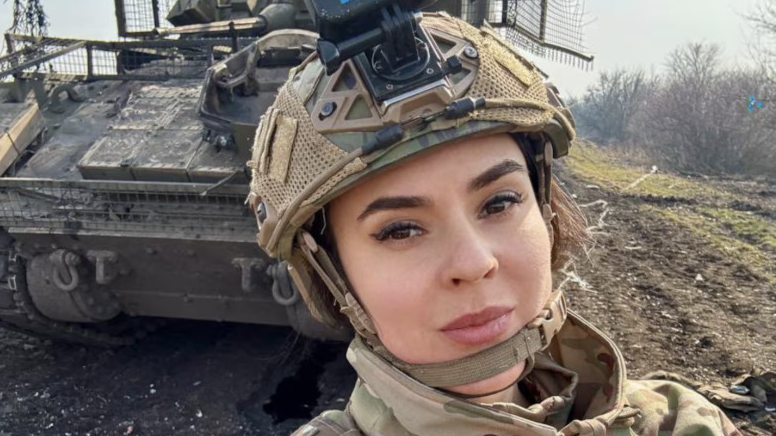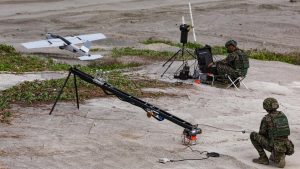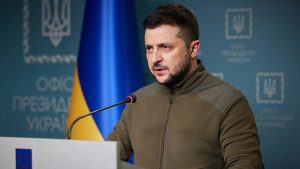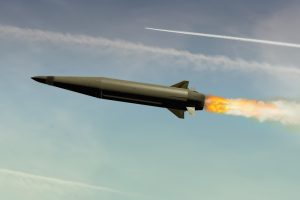Anna Prokofieva was reporting near the Ukrainian border when her team triggered an explosive device
Others are reading now
In another deadly incident at Russia’s western frontier, Anna Prokofieva, a prominent war correspondent with Kremlin-aligned broadcaster Pervîi Kanal, was killed Thursday after her film crew struck a landmine in the Belgorod region, near the Ukrainian border.
Fatal Blast on the Front Line
According to a statement from the channel’s press service, the explosion occurred while Prokofieva was “carrying out her journalistic duties.” The blast also injured her cameraman, Dmitry Volkov. Russian state media described the explosive as an “enemy mine,” though did not elaborate on the source.
As reported by focus.de, the team was operating in a high-risk area close to the Ukrainian border at the time of the incident.
Prokofieva, who had built her career reporting in military attire and often displaying pro-Kremlin symbols such as the war-supporting “Z” insignia, was known for her open endorsement of Vladimir Putin’s invasion of Ukraine. Her most recent social media post, written just a day before her death, mocked Ukraine as “country 404”—a dismissive digital reference implying the nation’s nonexistence.
Also read
Rising Risk for Pro-War Media Figures
Her death follows a series of similar fatalities involving Russian media figures embedded in combat zones. Just days prior, three members of another Russian news team—reporter Aleksandr Fedorciak of Izvestia, cameraman Andrei Panov of TV Zvezda, and their driver Aleksandr Sirkeli—were killed in the Russian-occupied Luhansk region.
These deaths highlight the growing dangers faced by journalists reporting from the front lines of the conflict—particularly those closely tied to state propaganda networks.
Anna Prokofieva’s death marks a symbolic and operational blow to Russia’s pro-war media apparatus, whose personnel are increasingly exposed to the direct consequences of the war they help frame for domestic audiences.







